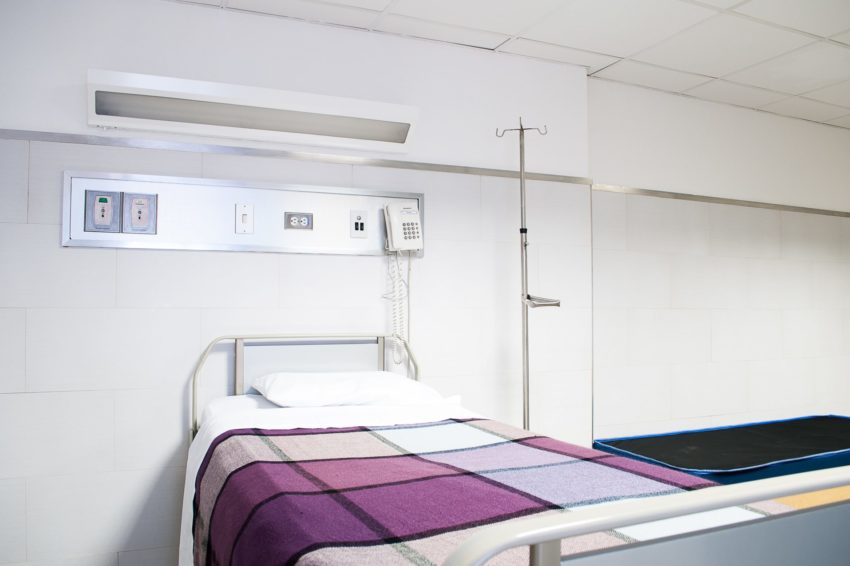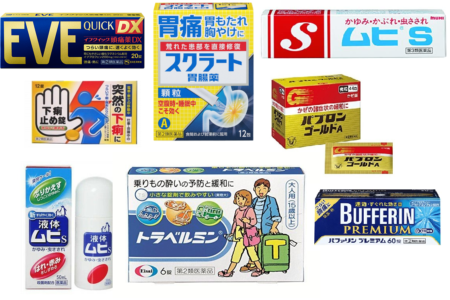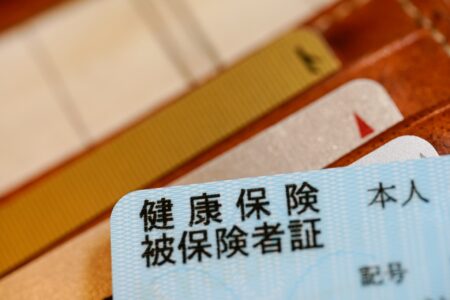Sick and Tired in Japan: What Do I Do?

Top Photo: Martha Dominguez de Gouveia on Unsplash
Few things are more daunting for foreigners living in Japan than the mountain you face when you’re suddenly sick. Facing a medical system that seems unpredictable to you, where you may not know what to say or how to read, can add stress that compounds on the symptoms you already face.
But keep in mind that many foreign residents in Japan have continued to survive here, and knowledge of a few basic facts can help you to survive too. Let’s look at some of the pieces of information that you have available to help you get healthy, stay healthy, and enjoy your life in Japan!
Doctors, Hospitals and Money
If you get sick and need a doctor, the best way is to get yourself to a hospital. University connected hospitals and public hospitals are usually larger, have a wider range of specialties and a greater chance of some English available, but there are more patients there too.
There are also smaller clinics in most neighborhoods, some of which are great for you, but a good thing to do is ask around to get recommendations and get medical information at your local city hall. One thing you should know is that a few hospitals or clinics take appointments (dentists do as well), so it’s usually on a first-come-first-serve basis each day. So go early, and be ready to wait a bit. Times are usually listed on the front door. (For more information about clinics, see one of our previous articles!)
Before going, write down your symptoms, etc. You can use a translator on your smartphone to get Japanese phrases, but relax, most doctors can read what you wrote in English! When you get there, go right to the the reception desk. It’s called 受付 (uketsuke), just look for those kanji. They will have two things for you to do. First they will ask to see you medical insurance card.
If you have entered Japan’s medical insurance system, just give them your card (For more information on that, see our guide here) If you have foreign-based insurance, try to let them know that you will pay in cash, 現金 (genkin) and get the money back later (but check with your insurance to see what coverage you have).
If they seem upset, don’t panic. They are just worried for you. Then they will give you a paper to write your personal information, medical history and what you are there for today. They will help if you need it. After that, the best thing is to stay calm and let them guide you through the steps. They will. The final thing is to pay, back at the front desk, before you leave. Maybe ask first if they only take cash.
Drugs & Medicine
Many drug store chains will have a variety of over the counter drugs. It’s a good idea to write out what you are looking for in terms of brand name and symptoms, since they might not sell the brand name in Japan. You can bring most over the counter type drugs into Japan and find some on Amazon. You should know that not all drug stores sell prescription drugs, unless they have a visible pharmacy corner. (For more on over the counter drugs in Japan, see our guide here!)
For prescription drugs, you usually go to a smaller pharmacy or 薬局 (yakkyoku) with very few shelf items and mostly a counter with a room behind. You can go to any pharmacy, but most clinics and hospitals have one in the same neighborhood. Just give them the prescription and wait. Most prescriptions are not auto-renewed. You have to see the doctor again to get another one.
Getting Help
Don’t always try to do it on your own! Stop and think of the sources of help around you. There may be other foreigners who have been here a little longer. Don’t be afraid to ask a Japanese person whom you’ve met for help. Many are quite willing to give you a hand. Remember that while you feel daunted by the process, the medical staff really do want to help you. If they seem unfriendly, it’s probably because they are nervous about their English! If you can relax a bit, they will too.
The internet has made it all so much easier. Don’t forget to check online for suggestions and locations. But try to check before you are sick! It’s a lot harder when you are dizzy with a fever! One of the best places to start is looking for foreigner support sites in your city. In Tokyo, go to the Life in Tokyo site for many English consultation contacts. They can maybe suggest similar sites in other cities too.
Finally, don’t forget that the emergency number is 119 here. Say “ambulance please” and they’ll know you need English help. But check if you do need an ambulance by calling #7119 for advice.
With a bit of help, and writing things down, you can make it through even sickness in Japan. Being able to relax about this a little will really improve your happiness in enjoying the experience of life in this beautiful country.
Photo Credits:
Top Photo: Martha Dominguez de Gouveia on Unsplash
All other content (text) created by the original author and © 2021 MUSUBI by Borderlink
RELATED
-

Must-Haves: Medicines at the Drugstore
Top Image Courtesy of Kristine Mayor When it comes to first aid in the home, it’s always best to be prepared w… -

Doctors or Devils: Finding a Clinic in Japan
Top Photo: valelopardo on Pixabay It’s every traveler’s worst nightmare: you’ve finally made… -

Japan’s Health Insurance Explained
Top Photo: uopicture on PhotoAC Are you new to Japan (or soon to come to Japan) and confused about how the hea…
PEOPLE

Donald Love
From Canada
Has more than 10 years of experience in Japan!


